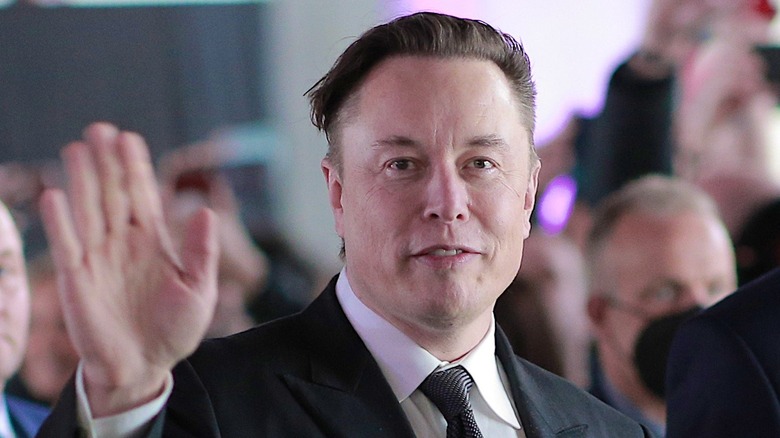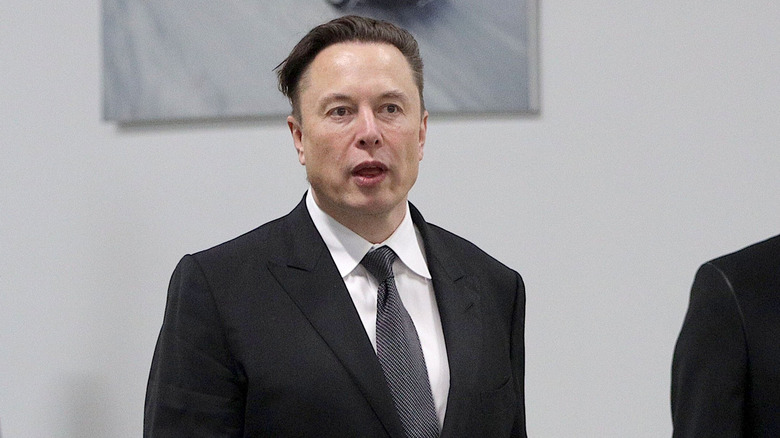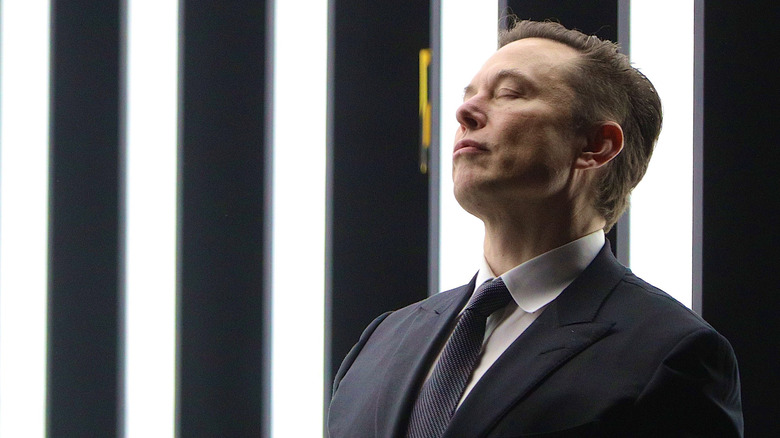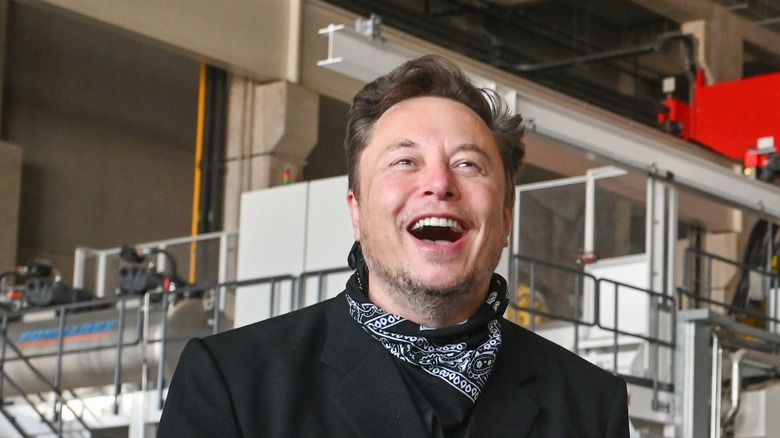Elon Musk Social Media Comments Have Everyone's Attention
Elon Musk is apparently mulling the creation of a social media platform, one that the Tesla and SpaceX CEO claims will better adhere to the notion of free speech and serve democratic principles. The announcement comes after Musk conducted an online poll on March 25, asking his 79.5 million followers to vote on Twitter's adherence to freedom of speech. That survey drew over 2 million responses, of which 70% agreed that Twitter adheres to the theory of free speech. Replying to his original tweet, Musk mentioned that the results of the poll will be important, and asked the respondents to vote carefully. The next day, Musk targeted Twitter for serving as the "de facto public town square" and promptly lambasted the company for not holding fast to free speech principles.
Later in the same thread, Musk followed up with the suggestion that a new platform might be required. A day later, a Twitter user floated the idea of creating a social media platform that would rely on an open-source algorithm and tagged Musk in his tweet. The hypothetical Twitter-rival would prioritize free speech above all things, it was suggested, and keep the dissemination of propaganda material to a minimum. Musk replied that he was giving serious thought to the idea of building such a platform. Musk even joked about the idea of buying Twitter and swapping its bird icon with the Doge cryptocoin's logo.
A love-hate relationship with Twitter
Musk commands a prolific fanbase on Twitter, and tweets frequently. From providing updates about Tesla's Full Self Driving (FSD) software and SpaceX missions, to musing about the blockchain, video games, and simply sharing memes, the billionaire's Twitter profile can be quite an entertaining affair. However, his activity there also comes with its own set of massive consequences, for himself as well as his devout followers. His tweets in the past have sent the price of Dogecoin soaring and crashing on multiple occasions, and even Tesla is not immune to the ripples generated. Musk's infamous "funding secured" tweet, for example, drew the ire of the US Securities and Exchange Commission (SEC).
The regulatory body even issued a subpoena late last year, asking the automobile giant to submit information on compliance over a previous settlement between Tesla and the US SEC. It's worth noting here that Musk's tweets are – as per the SEC's ruling – monitored by a lawyer and need to be approved firsthand, as they are deemed to play a tangible role in his company's operations. In fact, the SEC has also launched an investigation over alleged insider trading involving Musk and his brother, Kimbal Musk. Once again, the centerpiece of the investigation is a tweet from Musk in which he asked his followers about offloading some of his Tesla shares to pay taxes. Musk even had his Twitter account briefly hacked in 2020, with bad actors using it to promote crypto scams.
It's not the first time Musk has threatened to go it alone
In 2018, facing heat from all corners over his management methods at Tesla, Musk again took to Twitter and pushed the idea of creating a website called Pravda. The site would allow members of the public to rate what the outspoken CEO described as the "core truth" of any article, as well as track individual journalists, their editors, and their publications for their evolving credibility over time, he explained. Again, Musk conducted a poll asking if such a website and that catalogs media and journalists' credibility rating would be a good idea, to which 88.1% of the voters responded positively. However, Pravda — which is the Russian word for truth — never materialized.
Next, Musk embarked on the journey of establishing a media company that would churn out satirical content. Musk called it Thud (with an exclamation mark), and dubbed it his "new intergalactic media empire." Musk roped in two heavy-hitters from The Onion who originally pitched him the idea, and eventually managed to build a team of 13 that included writers, developers, and artists. Thud had ambitious plans, one of which involved a museum project depicting an imaginary British conquest of the Biblical Heaven. Musk soon pulled out, and with funding drying up, Thud's plans came to a crashing halt.
Building a social network is no cakewalk
Setting aside Musk's bittersweet relationship with Twitter, and his failed attempts at creating either a credible website or a satire content company, building a social media company is no easy feat. Musk definitely has pockets deep enough to fund one, but a social media platform is a long-term investment game that needs a sustainable business model to anchor it. He'd also require a team of experienced product managers and engineers to create something different, yet compelling enough to make people ditch the likes of Twitter, Facebook, or Instagram. On top of those challenges, Musk would need a pool of influential people to sign up, so that their fans and followers would be inspired to join them with accounts of their own.
Numerous alt-social networking platforms have popped up over the years, but none has managed to make a long-lasting impact. Yik Yak, Friendster, Meerkat, Rumble, and Gettr are just some of the names that took a chance at social networking glory, and failed. Even giants like Google and Apple have struggled to make a lasting impression with products such as Google+ and iTunes Ping, respectively. Parler made waves recently, but managed instead to get kicked off the App Store before returning with some changes in tow. Truth Social, a brainchild of former President Donald Trump that promised a censorship-free online space for debates, is also doing poorly, struggling to coax even his most enthusiastic fans to join up and use the service regularly. Musk's talk of creating his own social media platform sound casually ambitious at best, and trying to eclipse Twitter may prove to be even more of a moonshot challenge than launching actual rockets.



